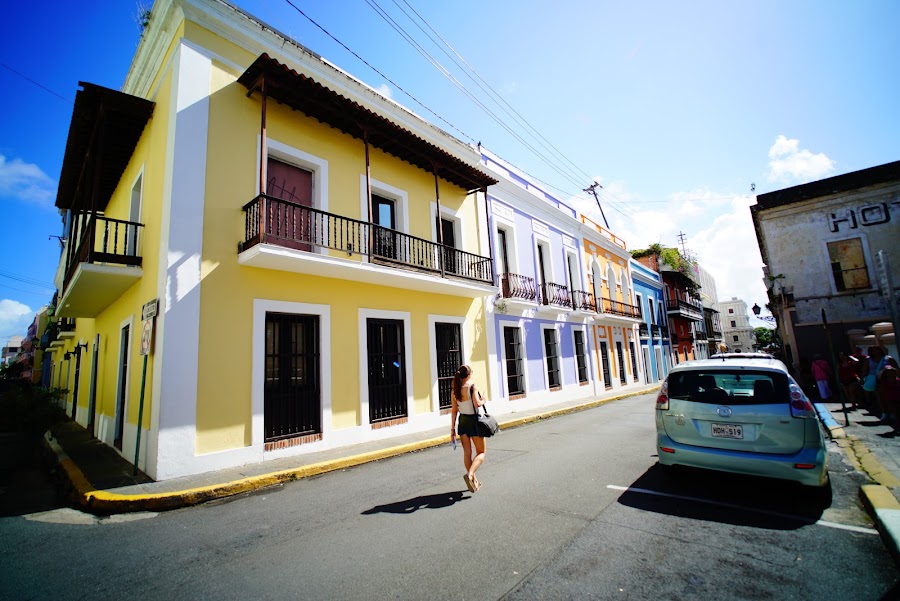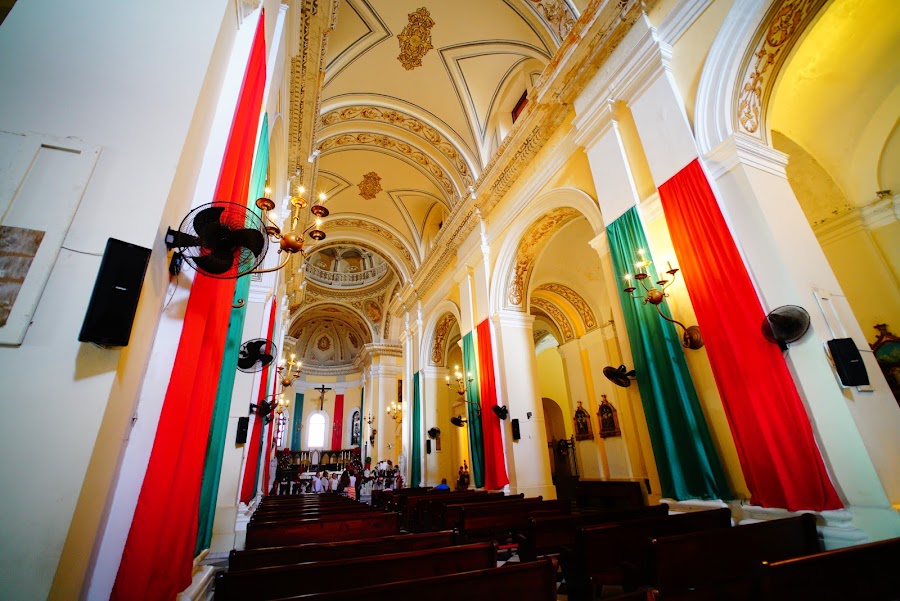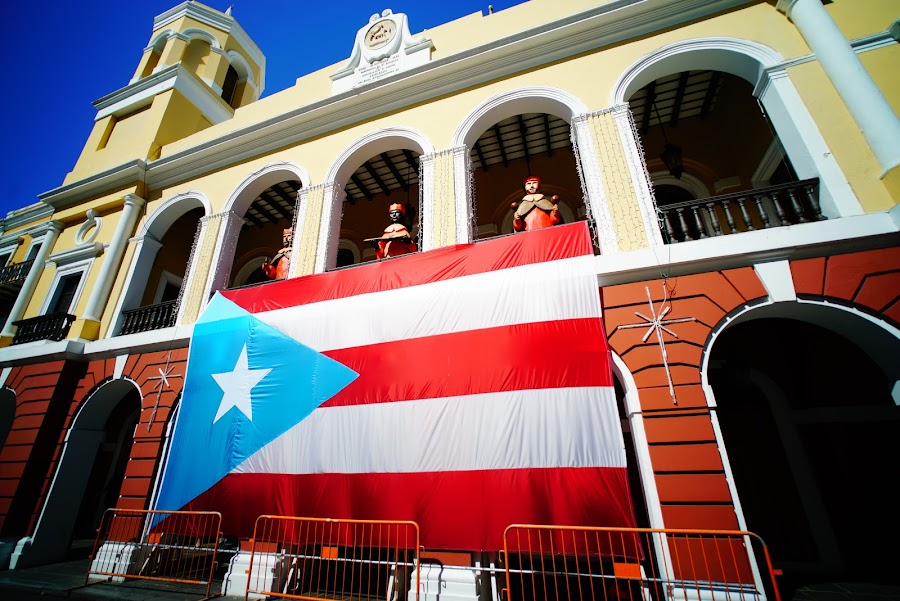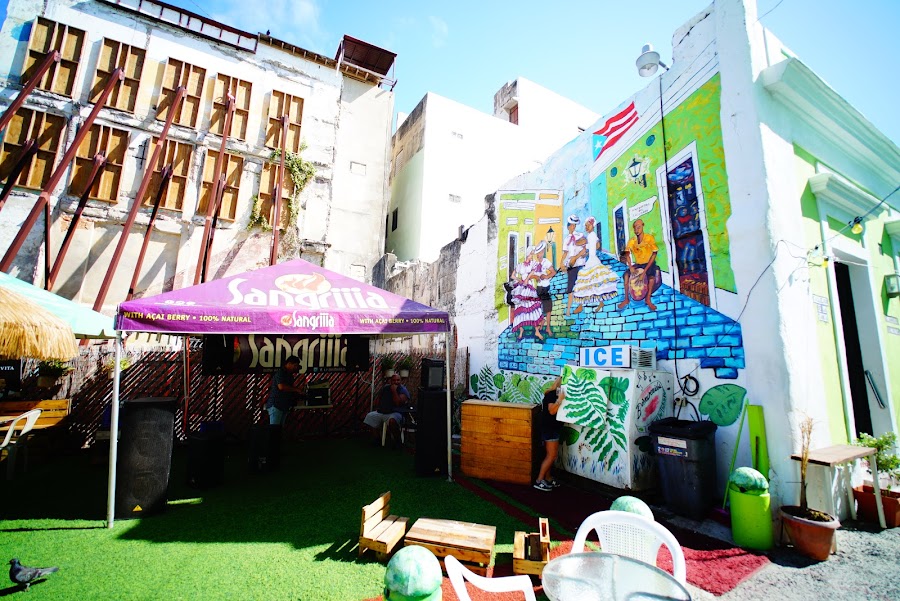
Established in 1521, when the Spanish colonist withdrew to this rocky outpost to stay away from Indians and mosquito-borne malaria, San Juan was the primary military and legislative outpost of the Spanish Empire in the Caribbean and Central America. Unfortunately, its economy stagnated and it would not be until the end of the 1898 Spanish-American War that the light would shine again along the coastline. The US annexed the island as a territory and designated San Juan as its primary port, triggering agricultural goods (sugar, tobacco, coffee...) to flow into the city.
WWII brought military capital into the island and in the after-war period, the island gained commonwealth territory status, making factories and banks reallocate to the island attracted by the advantageous tax breaks. This boom was a nightmare for city planners who were unable to keep up with the demand for services, roads and housing. In the 1980s, unemployment was rampant along with crime. Old San Juan was a scary place, so tourist re-routed their vacation plans to Condado, Isla Verde and Miramar. It would not be until 1992, the 500-anniversary of Columbus discovery, for the restoration of the Old San Juan, which is currently a safe and lovely city to explore.
We visited San Juan on January 1st, so the main fortresses (El Morro and Fuerte San Cristobal) were closed for National Holiday. Still, we took our time to explore the narrow streets, colonial buildings, cute little stores and restaurants. San Juan is easily reachable from the surroundings with Uber, no real need to rent a car or suffer trying to park it.


The walls of 1783's Fuerte de San Cristobal remain in incredibly good condition. We walked from the harbour area all the way till the entrance. A lovely promenade by the water.

I am a sucker for pastel walls in colonial buildings. We've seen them in Curaçao, Bonaire and Polynesia, but they never grow old.


The Three Wise men were already standing in the main square Plaza de Armas, waiting for January 5th to arrive.



Both fortresses are almost connected to each other by this thick wall.


After a long walk, it was time to chill with some mojitos by a random colourful spot called Las Palmas.


Then we kept walking until reaching the magic greenery of El Morro, that dates back to 1539 and is the oldest Spanish Fort in the New World.



Of course, we found some cute cats and had to post a picture of them...

Then we continued exploring the little streets back to Plaza the Colón from when we started the somewhat long walk towards Santurce, the area east of San Juan.

Fancy by no means, Santurce has a local taste to it which is refreshing after the touristy perfection of the Old San Juan. It's the street art, the old style cinema, the half-destroyed houses, the vibrant energy of the people gathering by Placita de Santurce to celebrate the new year. Being unable to sit became a bit too much for me, so we opted for an Uber back home followed by a calm yet yummy dinner in Mango's.

























No comments
Post a Comment